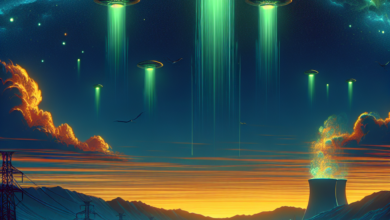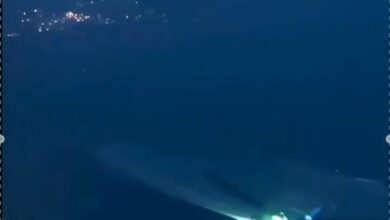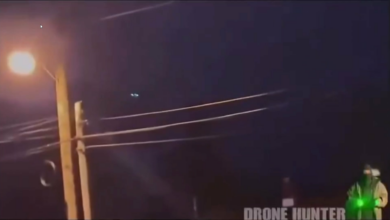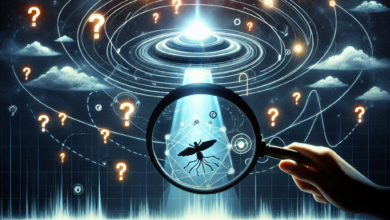Exploring the Future of Disclosure: Unveiling Verifiable Scientific Insights About Our Universe
Aliens Among Us? The Call for Tangible Proof in UFO Congressional Hearings
As the curiosity surrounding unidentified flying objects (UFOs) continues to grow, stories of crashes, reverse engineering, and even human-alien collaborations have flooded the public imagination. However, many experts believe that until tangible proof emerges, these tales will hold limited weight in Congress. For many, tangible proof equates to physical evidence—like pieces of a crashed UFO or biological materials from extraterrestrial beings.
While such evidence would surely make headlines, it’s unlikely that we’ll see it presented in the upcoming hearings. Instead, we can expect discussions to revolve around more sightings and secret recoveries of UFOs. However, if these phenomena are authentic, the focus should shift toward a different type of information—scientifically verifiable knowledge that could expand our understanding of the universe.
Consider these intriguing questions: Where is the nearest extrasolar planet with life, and how long is its year? What if a technological civilization exists beyond our solar system, and how might we detect it? These are the types of insights that extraterrestrial beings would presumably possess. Such knowledge could offer a fresh perspective and would be less likely to threaten national security or technological supremacy compared to physical evidence.
Historically, whistleblowers have not provided us with granular information about the cosmos. The closest we have comes from Bob Lazar, who allegedly mentioned a mysterious "Yellow Book" containing this kind of crucial data—knowledge supposedly gifted to us by aliens. Lazar claimed this book shared details about extraterrestrial life originating from the fourth planet of a star in the Zeta Reticuli system, which he noted has a day lasting 90 Earth hours.
Yet, while Lazar’s assertions sparked interest, they raised a fundamental question: What about the planet’s year? If he had provided that detail, astronomers could have calculated its semi-major axis, allowing for searches of this planet. Finding such a world could lend credibility to the entire narrative surrounding these encounters.
This scenario is just one example of the valuable scientific knowledge that aliens might possess, knowledge that would be straightforward enough to disclose without granting any potentially hostile entities an advantage. As we gear up for the next hearing, it might be prudent for our congressional representatives to press for this kind of verifiable information from whistleblowers, rather than just more anecdotal accounts.
As discussions on UFOs and extraterrestrial life continue, the quest for scientifically substantiated information could take us closer to understanding whether we’re truly alone in the universe—or if the truth is indeed out there.




